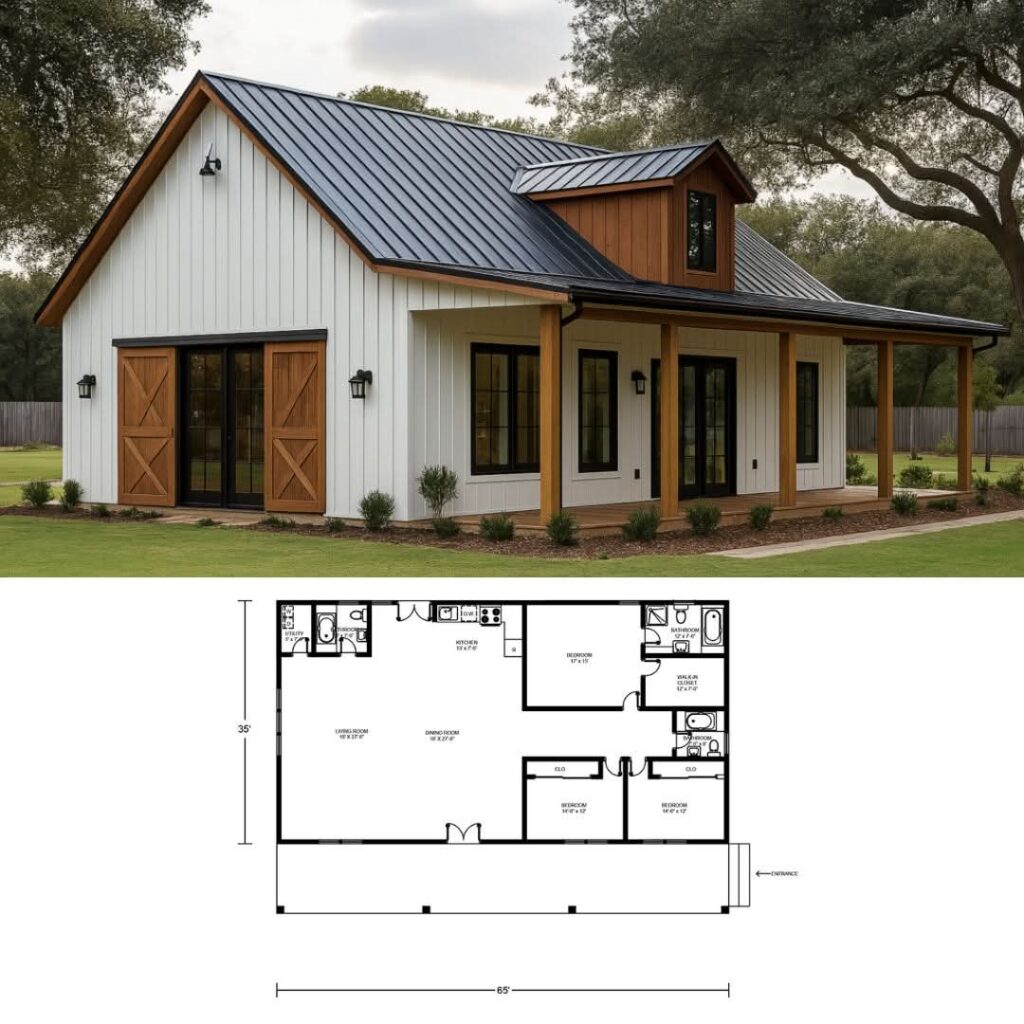
GONEN CORP building Country Style Ranches around the country for Airbnb’s if you like to be apart of this venture here is some information for you to read and the link request form.
Creating an Airbnb fund to build properties across the United States is an ambitious but potentially rewarding venture. Here’s a breakdown of key considerations and steps involved:
1. Define Your Fund Structure and Strategy
- Fund Type: Determine the legal structure of your fund. Options include:
- Real Estate Private Equity Fund: Typically for accredited investors, pooling capital to acquire and develop properties. This structure allows for professional management and potentially higher returns but involves more regulatory compliance.
- Real Estate Investment Trust (REIT): A company that owns, operates, or finances income-producing real estate. Short-term rental REITs are emerging, offering liquidity through publicly traded shares. However, this might involve focusing on existing portfolios rather than ground-up development.
- Crowdfunding Platform: Allows a larger number of investors (accredited and non-accredited, depending on regulations) to invest smaller amounts in specific projects or a portfolio of properties. Platforms like Fundhomes exist for vacation rental investments.
- Syndication: Pooling capital from a group of investors for a specific project. This is often a one-off venture rather than a continuous fund.
- Investment Thesis: Clearly define your investment strategy:
- Target Locations: Which cities or regions in the U.S. offer the highest potential for Airbnb profitability? Consider factors like tourism, local regulations, seasonality, and property costs. Research using tools like AirDNA can help identify promising markets (e.g., Austin, Key West, Orlando).
- Property Types: What kind of properties will you focus on building? Single-family homes, condos, multi-unit buildings, unique stays? Tailor this to your target markets and desired guest experience.
- Development Strategy: Will you focus on ground-up construction, renovations of existing properties, or a mix of both? New construction offers customization but can be more time-consuming and complex.
- Sustainability and Design: Will you incorporate specific design elements or sustainable building practices to attract a certain type of guest or align with market trends? Modern, functional layouts and high-quality amenities are generally appealing.
- Fund Size: Determine the target size of your fund based on your goals and the scale of projects you envision. This will influence your investor targeting and fundraising efforts.
2. Fundraising
- Identify Potential Investors:
- Accredited Investors: High-net-worth individuals, institutional investors, and other sophisticated investors who meet specific income or net worth requirements. They are the primary target for private equity funds.
- Non-Accredited Investors: Depending on the fund structure (e.g., crowdfunding), you might be able to accept investments from a broader pool of individuals.
- Family Offices: Wealth management firms that manage the assets of a single family.
- High-Net-Worth Individuals: Individuals with substantial assets.
- Develop Marketing Materials: Create a compelling pitch deck, investment memorandum, and other materials that clearly articulate your fund’s strategy, target markets, potential returns, and management team.
- Networking and Outreach: Attend industry events, connect with potential investors through your network, and explore online platforms to reach your target audience.
- Legal and Regulatory Compliance: Ensure your fundraising activities comply with all applicable securities laws and regulations (e.g., SEC rules in the U.S.). You will likely need legal counsel to structure your fund and prepare necessary documentation.
3. Property Acquisition and Development
- Market Research and Due Diligence: Conduct thorough research on potential development sites or properties, including zoning regulations, local short-term rental laws, and market demand.
- Land Acquisition/Property Purchase: Secure the necessary land or existing properties for your Airbnb developments.
- Construction/Renovation: Manage the building or renovation process, ensuring quality and adherence to timelines and budgets.
- Design and Furnishing: Design the properties with the target Airbnb guest in mind, focusing on comfort, functionality, and aesthetics.
4. Property Management and Operations
- Establish Management Systems: Develop efficient systems for booking management, guest communication, check-in/check-out processes, cleaning, maintenance, and dynamic pricing.
- Consider Property Management Partnerships: You might choose to manage the properties in-house or partner with professional Airbnb property management companies.
- Insurance: Obtain appropriate insurance coverage for short-term rental properties.
5. Legal and Regulatory Landscape
- Short-Term Rental Regulations: Be aware that short-term rental regulations vary significantly across different cities and states in the U.S. Some areas have strict rules, permit requirements, or even outright bans. Thoroughly research the regulations in your target markets.
- Zoning Laws: Ensure your development plans comply with local zoning ordinances.
- Tax Implications: Understand the tax implications of operating an Airbnb fund and the tax obligations for your investors.
Funding Options for Real Estate Investors Looking to Build Airbnbs
While your goal is to create a fund, understanding individual funding options for Airbnb properties can be beneficial:
- Conventional Mortgages: May be used for investment properties but often require a higher down payment (20-25%) and may have stricter requirements.
- Short-Term Rental Loans: Some lenders now offer specialized loans for short-term rental properties, considering the income potential from platforms like Airbnb.
- Portfolio Loans: Offered by lenders who keep the mortgage in their portfolio, allowing for more flexible underwriting.
- DSCR (Debt Service Coverage Ratio) Loans: Approval is based on the property’s cash flow potential rather than the borrower’s personal income.
- Hard Money Loans: Short-term loans secured by the property’s value, often used for quick acquisitions or fix-and-flip projects.
- HELOC (Home Equity Line of Credit): If you own a primary residence with equity, you can use a HELOC for down payments or initial investment costs.
- Rental Arbitrage (though not for building): Renting a property long-term and then listing it on Airbnb (with landlord permission). This requires less upfront capital than buying.
- Crowdfunding Platforms (for individual investments): Platforms allow individuals to invest in specific real estate projects, including vacation rentals.
- Private Investors and Angel Funding: Networking and presenting a strong business plan can attract individual investors.
- Real Estate Syndication (for individual deals): Pooling funds with other investors for a specific property purchase or development.
Creating an Airbnb fund requires significant capital, expertise in real estate development and management, a strong understanding of the short-term rental market, and legal and regulatory compliance. Thorough planning and a well-defined strategy are essential for success.


